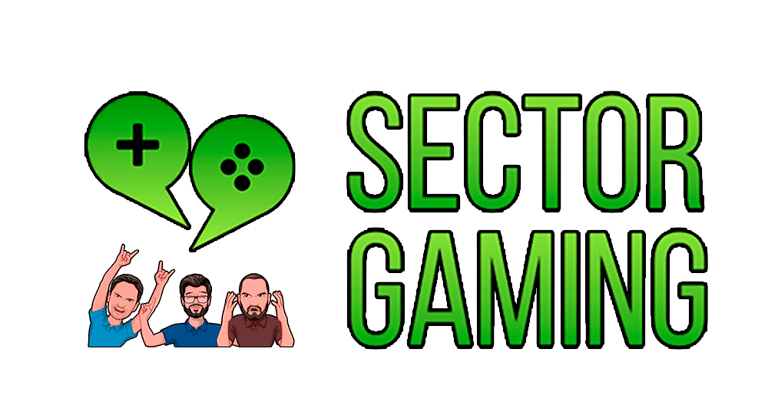Quartet – Four intertwined stories in a classic JRPG
Quartet is a classic-style JRPG that begins with four protagonists and four seemingly independent prologues. Gradually, their paths converge to uncover a greater mystery. With turn-based battles, clear progression up to level 50, charming pixel art, and a memorable soundtrack, Something Classic Games delivers a heartfelt tribute to the golden age of 16-bit RPGs, driven by its ensemble cast and charismatic storytelling.
REVIEWS
Carles "Zettai"
8/29/20254 min read
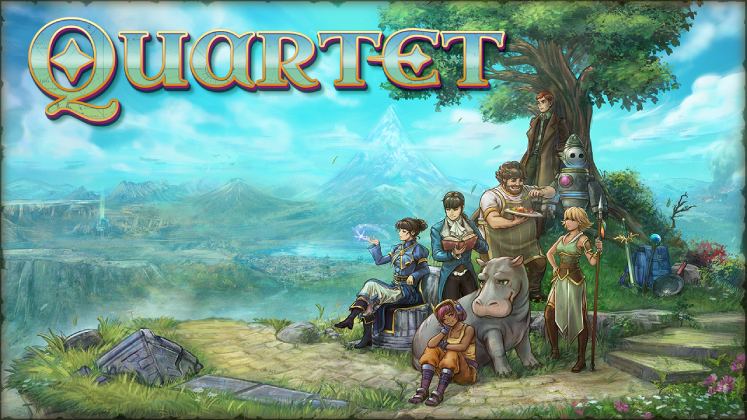

Introduction
The indie scene has been flooded with titles paying homage to 16-bit JRPGs, but few capture the essence of that golden era as honestly as Quartet. Developed by Something Classic Games - the studio behind Shadows of Adam - the game starts with a simple idea: four stories that gradually intertwine into a larger narrative. Its structure recalls SNES classics, but the execution shines thanks to its playful tone, witty dialogue, and a clear, satisfying combat system. From the very first chapter, Quartet radiates love for the genre and respect for the player, offering freedom of choice without ever losing narrative cohesion.
Story and Characters
Quartet lets you choose the order of its four opening prologues. Each one introduces a hero in a different setting - a chef who discovers wind magic, a mechanic fighting to keep her family shop, a soldier trapped under a Nazi-like dictatorship, and a mage determined to make a name for herself - each accompanied by charismatic supporting characters. Once these chapters are completed, the story becomes more linear and reveals why these characters were destined to meet.
The narrative is the game’s strongest suit. Without relying on cutscenes outside the engine, Quartet builds a coherent, varied world: cities struggling with politics, guilds of inventors, regions ruled with an iron fist, and small towns transformed by everyday magic. Humor is sprinkled throughout, particularly thanks to characters like Ben, the chef, whose witty lines often steal the show. Party banter is one of the pillars of the experience: conversations are deep, grounded, and funny, evoking the best group dynamics of SNES-era RPGs.
Gameplay and Mechanics
Combat in Quartet embraces classic turn-based systems, with clearly displayed initiative order. Each character has physical attacks, spells, and unique abilities unlocked through leveling or story events. The key twist is immediate swapping: once your party exceeds four members, you can switch any character in and out mid-battle without losing a turn. This opens up wide tactical possibilities. Elemental weaknesses, status effects, and a defense command that recovers action points (while adding buffs) encourage an aggressive yet thoughtful playstyle.
Encounters aren’t random: enemies appear on the map, letting you choose when to fight. This prevents grind fatigue and allows exploration at your own pace. Some segments include light puzzles or small challenges - like extinguishing fires with limited charges - that add variety and break up the combat flow.
While Quartet doesn’t reinvent the wheel, it smooths the formula in welcome ways: fast battle pacing, clear animations, and a tight balance between offense and defense. Without an elaborate skill tree, progression relies on equipment - armor, weapons, helmets, accessories - that tweak stats and strategies. The result is a system accessible to those who crave a classic JRPG, but with enough tactical nuance to stay engaging throughout.
Progression and Exploration
Characters can level up to 50, unlocking skills automatically or through key story events. There’s no talent tree, but a wealth of gear helps refine each hero’s role. The game is generous with experience and avoids grind: without random battles, every fight feels meaningful and progression flows naturally.
As you advance, you unlock free exploration, revisiting old locations and tackling side quests. These optional tasks are concentrated toward the finale and reward you with powerful gear and additional character-driven scenes. Secret routes hide special items but aren’t mandatory for finishing the game.
The game’s backtracking is controlled: if you miss a chest or path, you can return later without penalty. This makes 100% completion possible without multiple playthroughs. The main story takes about 20 hours, while completionists may reach 30.
Art Direction and Technical Performance
Quartet boasts lovingly crafted pixel art consistent with its retro goals. Environments are varied: snowy mountains, bustling cities with markets and workshops, enchanted forests, and steampunk fortresses. Cities feel alive, with animated NPCs, signs, and background music enhancing immersion. Character sprites are simple but expressive, and story scenes are told entirely in-engine, maintaining cohesion.
Technically, the Unity-built game is stable and smooth, with no significant performance drops. A minor drawback is the vehicle you acquire later on, which controls awkwardly at first - though you eventually get used to it.
Sound Design
Music is another major highlight. Composed by Tyler Mire, the soundtrack blends orchestral pieces with minimalist and jazzy tracks that perfectly match each scene. Battles pulse with energetic tunes that excite without grating, while exploration is underscored by melancholic or mysterious chords. Some tracks echo classic SquareSoft soundscapes, while others linger in your head long after playing. The result is a soundscape that elevates both the narrative and emotional beats.
Sound effects are clear: attacks, spells, and status effects all have distinct cues. There’s no voice acting, and the game is currently English-only - a drawback for non-English speakers. Given the sheer volume of text, wordplay, and character-specific accents, it’s understandable for such a small studio. They have expressed interest in localization depending on sales.
The Good:
Excellent narrative that intertwines stories seamlessly.
Charismatic characters and witty dialogue (Ben, in particular, is a highlight).
Solid turn-based combat with visible encounters and no grind.
Consistent pixel art with varied locales.
Memorable soundtrack that enhances every moment.
Respects your time: no replay needed to see all content.
Runs flawlessly on Steam Deck, unlike the studio’s first game, Shadows of Adam.
The Bad:
English-only for now, which limits accessibility.
Vehicle controls are clunky at first.
Conclusion
Quartet is a heartfelt love letter to classic JRPGs, reminding us why we fell in love with games like Live A Live and Chrono Trigger. It doesn’t seek to reinvent the genre, but to refine it: a well-paced script, lively characters, and a combat system that balances simplicity with tactical flexibility. The absence of a deep skill tree doesn’t diminish the fun, as experimenting with gear and party setups keeps things fresh. Its ensemble-driven story hooks from the start and carries through without dips in pacing. For anyone wanting to relive the magic of the 16-bit era without relying solely on nostalgia, Quartet is a sure bet.
Final Score: 9/10
Recommended for:
Fans of SNES-era JRPGs.
Players who enjoy character-driven stories with charm.
Lovers of classic turn-based combat.
Anyone who values a complete, unique journey without mandatory replays.
Available on: PC (Steam)
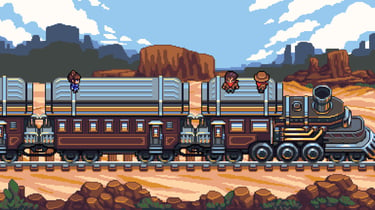
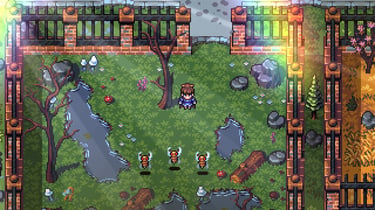
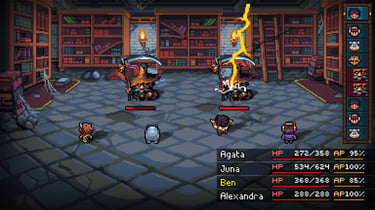
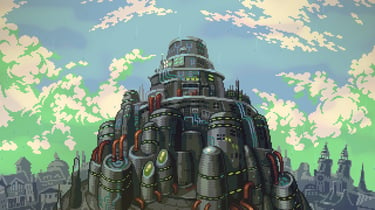
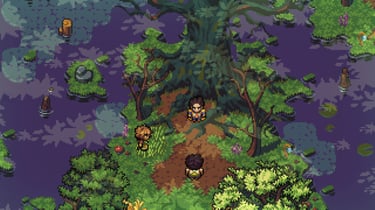
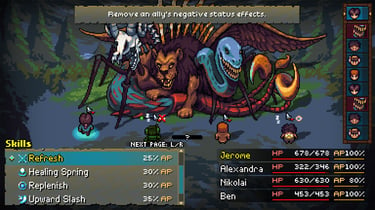






© 2025. All rights reserved.
And remember, if you’re into games... you’re into Sector Gaming!
